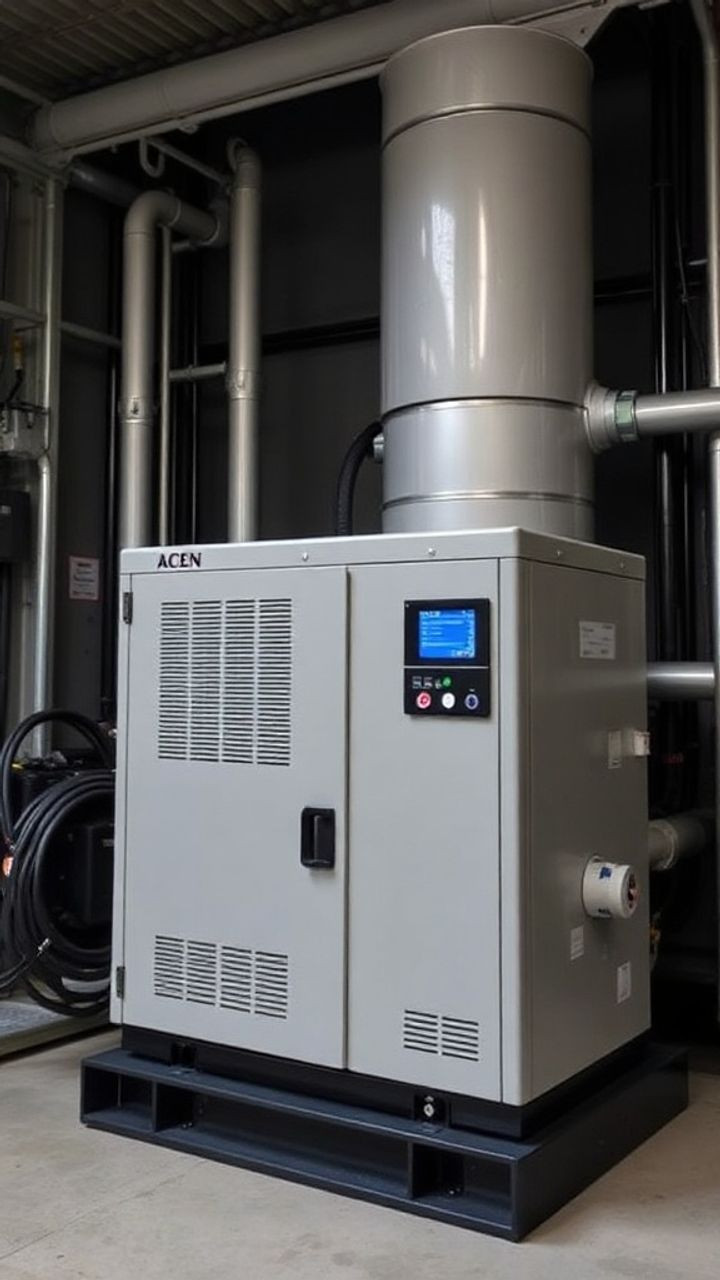
US Inflation Accelerates Rising Groceries and Gasoline Prices Weigh on Consumers
US Inflation Accelerates Rising Groceries and Gasoline Prices Weigh on Consumers
US Inflation Accelerates Rising Groceries and Gasoline Prices Weigh on Consumers
The latest report from the Labor Department indicates that US inflation has accelerated, with the consumer price index increasing 3% in January from a year ago. This marks a disappointing uptick for families and businesses struggling with higher costs.
According to the report, the cost of groceries, gasoline, and rents rose significantly, driving the overall inflation rate higher. The data shows that inflation has remained stubbornly above the Federal Reserve's 2% target for roughly six months.
Economists are closely monitoring core consumer prices, which rose 3.3% in January compared with a year ago, up from 3.2% in December. This suggests that inflation is not just a one-month anomaly but rather a persistent trend.
One area where prices have jumped significantly is groceries. Egg prices, in particular, have soared 53% compared with a year ago, driven by an avian flu epidemic that has forced egg producers to cull from their flocks about 40 million birds in December and January.
The cost of other goods has also risen, including car insurance (up 2%), hotel prices (up 1.4%), and the cost of a gallon of gas (up 1.8%). These price increases are likely to have a significant impact on consumers and businesses alike.
For some businesses, such as Abt, a consumer electronics store in Glenview, Illinois, these higher costs are already having an impact. Phil Hannon, vice president of operations at Abt, expects to raise prices between 3% and 15% as soon as March to offset the impact of tariffs, including steel and aluminum duties.
The Federal Reserve's response to this inflationary pressure will be crucial in shaping the future of the economy. According to Jerome Powell, chairman of the Federal Reserve, the central bank has made great progress on inflation but we're not quite there yet. As a result, the Fed wants to keep interest rates restrictive for now to combat inflation.
The implications of these higher costs and interest rates are far-reaching. Higher tariffs could push the cost of goods higher, reducing business confidence and potentially limiting hiring and investment. In this uncertain environment, it is more important than ever that businesses and individuals alike take steps to prepare for the future by staying informed about changes in the economy and adjusting our strategies accordingly.
Key Takeaways
US inflation accelerated last month, with the consumer price index increasing 3% in January from a year ago.
The cost of groceries, gasoline, and rents rose, driving the overall inflation rate higher.
Core consumer prices rose 3.3% in January compared with a year ago, up from 3.2% in December.
Higher costs are already having an impact on businesses, such as Abt, a consumer electronics store in Glenview, Illinois.
The Fed's response to this inflationary pressure will be crucial in shaping the future of the economy.
Relevant Keywords US inflation, consumer price index, core consumer prices, tariffs, interest rates.






